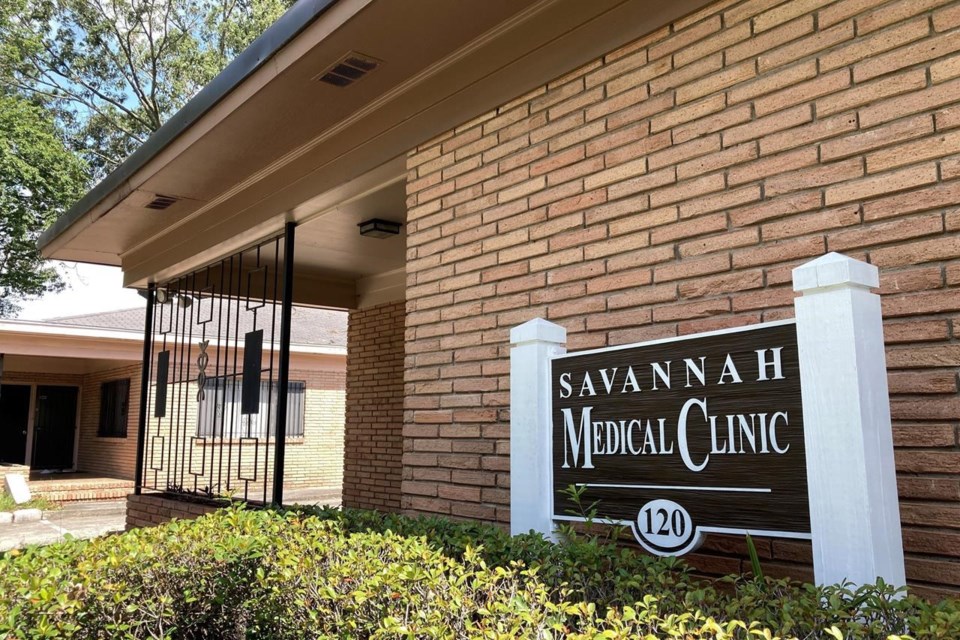At least 66 clinics in 15 states have stopped providing abortions since the U.S. Supreme Court overturned Roe v. Wade, according to an analysis released Thursday.
The number of clinics providing abortions in the 15 states dropped from 79 before the June 24 decision to 13 as of Oct. 2, according to the Guttmacher Institute, a research group that supports abortion rights.
All 13 of the remaining clinics are in Georgia. The other states have no providers offering abortions, though some of their clinics are offering care other than abortions.
Nationally, there were more than 800 abortion clinics in 2020, the institute said.
The new report does not include data on hospitals and physician offices that provided abortion and stopped them after the court ruling, but Guttmacher researcher Rachel Jones noted that clinics provide most U.S. abortions, including procedures and dispensing abortion medication. Recent Guttmacher data show just over half of U.S. abortions are done with medication.
States without abortion providers are concentrated in the South.
Dr. Jeanne Corwin, who provides abortions in Indiana and Ohio, said clinic closures harm "women’s physical health, mental health and financial health.’’
In several states, access is under threat because bans were put on hold only temporarily by court injunctions. These include Indiana, Ohio and South Carolina, the analysis found.
“It is precarious from a medical standpoint and certainly from a business standpoint,’’ said Dr. Katie McHugh, an OB-GYN who provides abortions in Indiana. “It’s difficult to keep the doors open and the lights on when you don’t know if you’re going to be a felon tomorrow."
___
The Associated Press Health and Science Department receives support from the Howard Hughes Medical Institute’s Department of Science Education. The AP is solely responsible for all content.
The Associated Press


